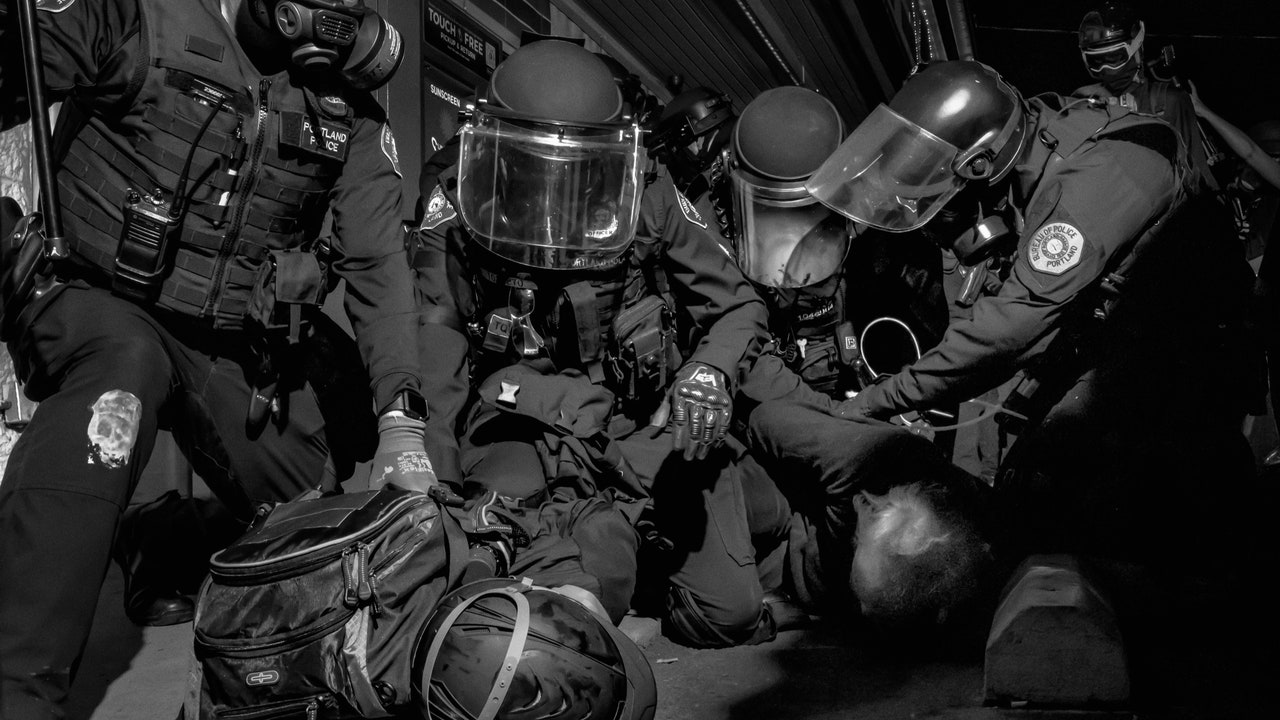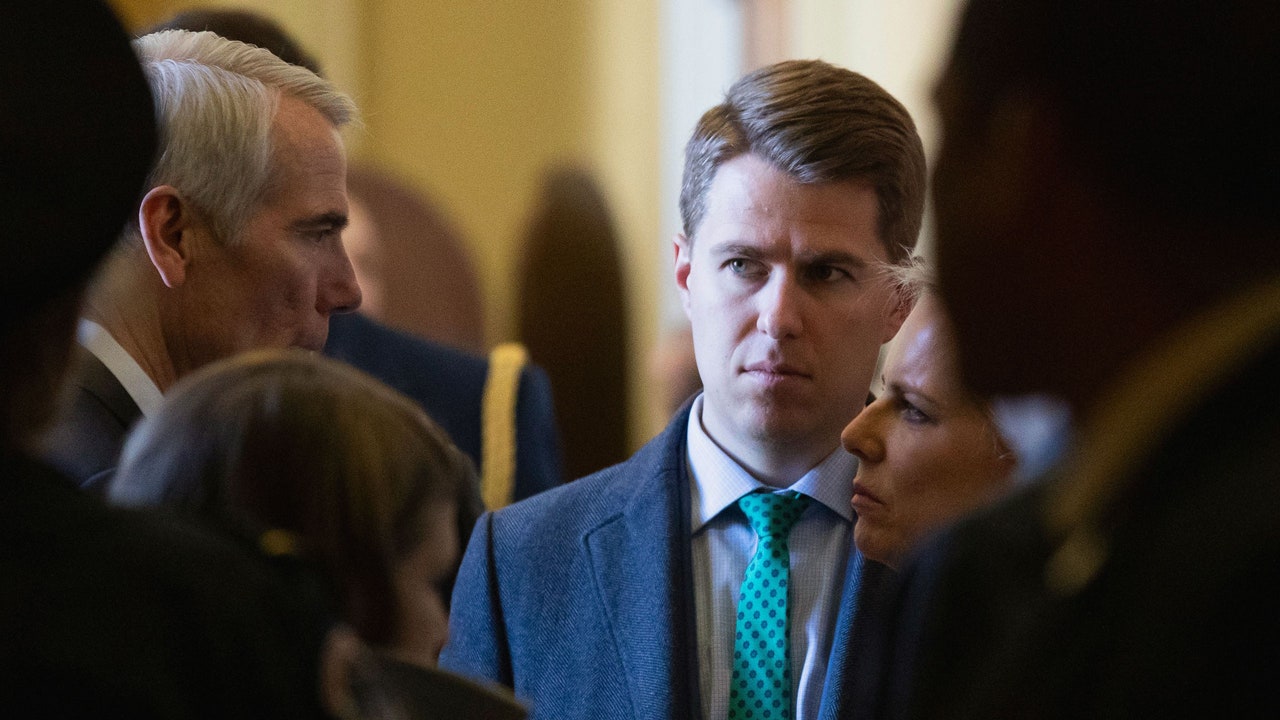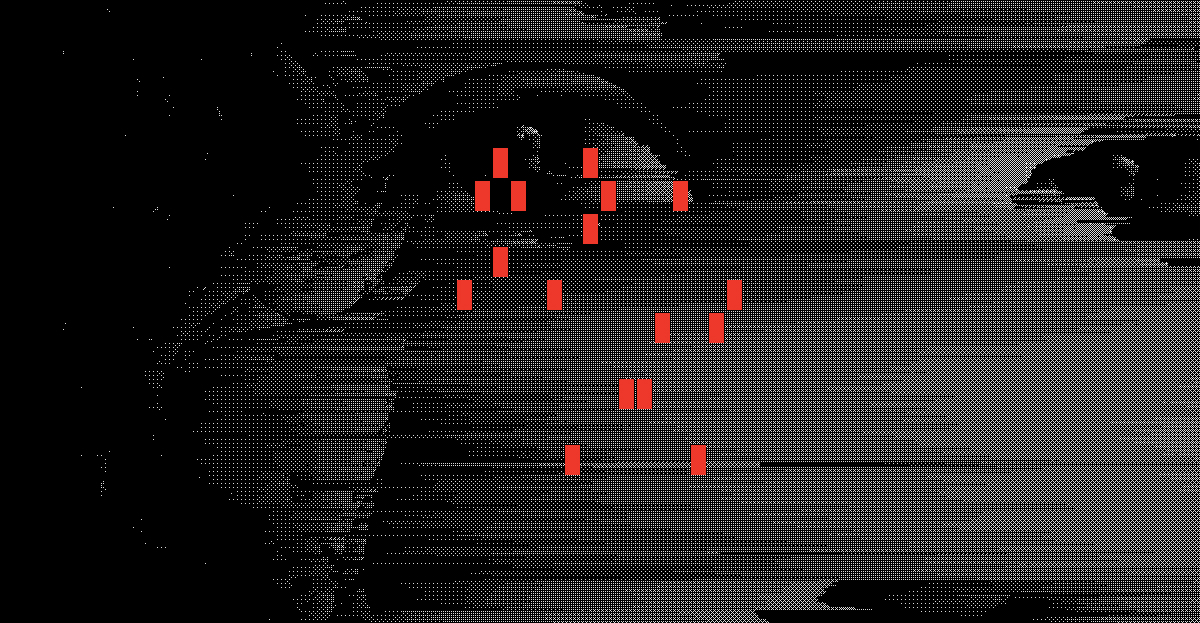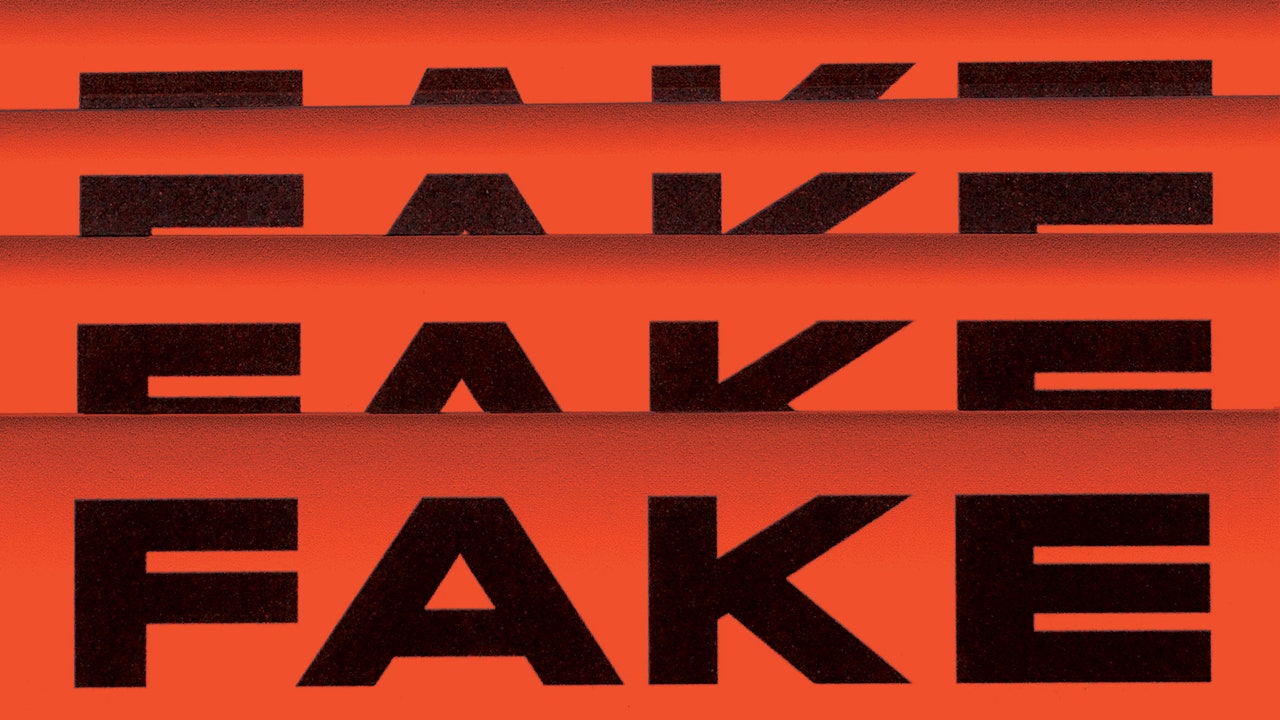“We Don’t Protest”: Borough Park’s Mask-Burning Orthodox Jewish Demonstrators
Heshy Tishler, a radio host and City Council candidate, has emerged as the leader of a neighborhood’s uprising against government coronavirus measures.
via The New Yorker: https://www.newyorker.com/news/our-local-correspondents/we-dont-protest-borough-parks-mask-burning-demonstrators
In Borough Park, Tischler has become the leader of this movement. He has posted hundreds of videos on social media, in which you’ll find him using bolt cutters to break into a locked playground or harassing local health inspectors. In each video, he also plugs his weekly radio program, “The Just Enough Heshy Show,” where he reflects on topics such as whether he should apologize for calling a young Muslim girl a terrorist (initially yes; later no), and the intellectual capacity of women (“not as smart as men”). The other day, on the air, he challenged the Mayor to a fight on his deck, “man to man, because I think he’s not a man.”













